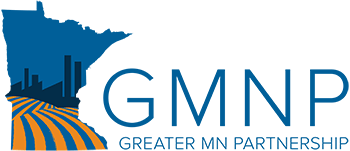2025 LEGISLATIVE PRIORITIES & OUTCOMES
After significant progress in the child care space during the 2023 legislative session, GMNP priorities for 2025 centered on continued funding for key programs and ongoing efforts to support child care providers and capacity expansion. With the state facing significant budget headwinds, GMNP was focused primarily on preserving key funding and protecting programs from cuts.
Outcomes
- Child Care Economic Development Grants Program - preserved $3 million base funding for both FY26-27 and FY28-29.
- Office of Child Care Community Partnerships - preserved $1 million base funding for both FY26-27 and FY28-29.
RECENT CHILD CARE ACCOMPLISHMENTS
$13 million for Economic Development Child Care Grants.
These grants, awarded by the Department of Employment and Economic Development, support a wide variety of projects that work to reduce the child care shortage in our communities. At least half of these funds support projects in Greater Minnesota.
$7 million for the six Initiative Foundations to support their child care efforts.
The six Foundations serve all 80 counties in Greater Minnesota, and support their individual regions in building economic prosperity by providing grants, business loans, and programming.
An increase to the Child Care Assistance Program (CCAP) reimbursement rate from 35% to 75%.
Providers will now be reimbursed more than double the previous rate for CCAP-eligible families. This increase has a significant impact on the ability of child care providers to build sustainable and financially stable businesses.
The creation of the state Office of Child Care Community Partnerships.
An initiative of Governor Walz, this new office serves as a conduit between community leaders - local governments, businesses, and nonprofits - who are looking to support the expansion of their local childcare capacity.
